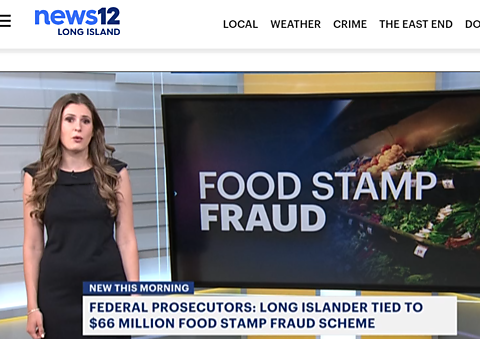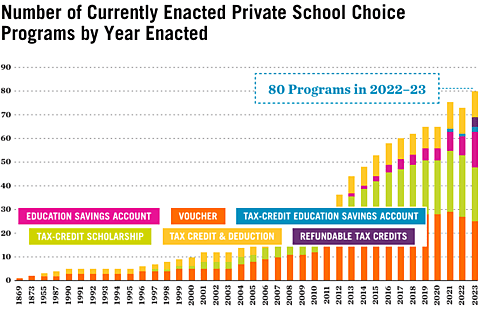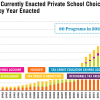I’ve described 10 ways that criminals steal from the food stamp program. This is an important issue because the program, run by the US Department of Agriculture (USDA), costs $110 billion a year, and scams are widespread.
News from New York indicates that there is an 11th fraud technique—bribe a USDA employee to facilitate an Electronic Benefit Transfer (EBT) scam. Yesterday, US prosecutors charged a USDA employee and five accomplices with stealing $66 million from the food stamp program, also called the Supplemental Nutrition Assistance Program (SNAP).
According to prosecutors,
[Michael] Kehoe orchestrated a network that supplied approximately 160 unauthorized EBT terminals to stores across the New York area to illegally process more than $30 million in EBT transactions. Working with his codefendants … Kehoe submitted approximately 200 fraudulent USDA applications, misappropriating USDA license numbers and, in some cases, doctoring application documents, to obtain EBT terminals for unauthorized stores—including smoke shops and other ineligible businesses.
Critical to the scheme was Arlasa Davis, a longtime USDA employee who worked within the very division of the USDA responsible for identifying SNAP fraud. Davis abused her privileged access to federal systems to sell hundreds of EBT license numbers enabling over $36 million in fraudulent SNAP redemptions at unauthorized stores. Davis photographed handwritten lists of license numbers intended for qualifying stores with her personal cellphone and funneled them to an intermediary who sold them to co-conspirators … who then used those license numbers to fraudulently obtain EBT terminals for stores that were not authorized by the USDA to process SNAP transactions. In return, DAVIS received substantial bribes…
The switch from paper vouchers to EBT cards created new avenues for abuse in the food stamp program. This New York scam was remarkable—one small group of crooks grabbed $66 million!
The growing vulnerability of federal subsidy programs to large-scale electronic scamming was a theme of a recent 60 Minutes piece, as I noted here. Such scams are one of the many ways that federal handout programs are a “leaky bucket,” and one reason to pursue program elimination.



















